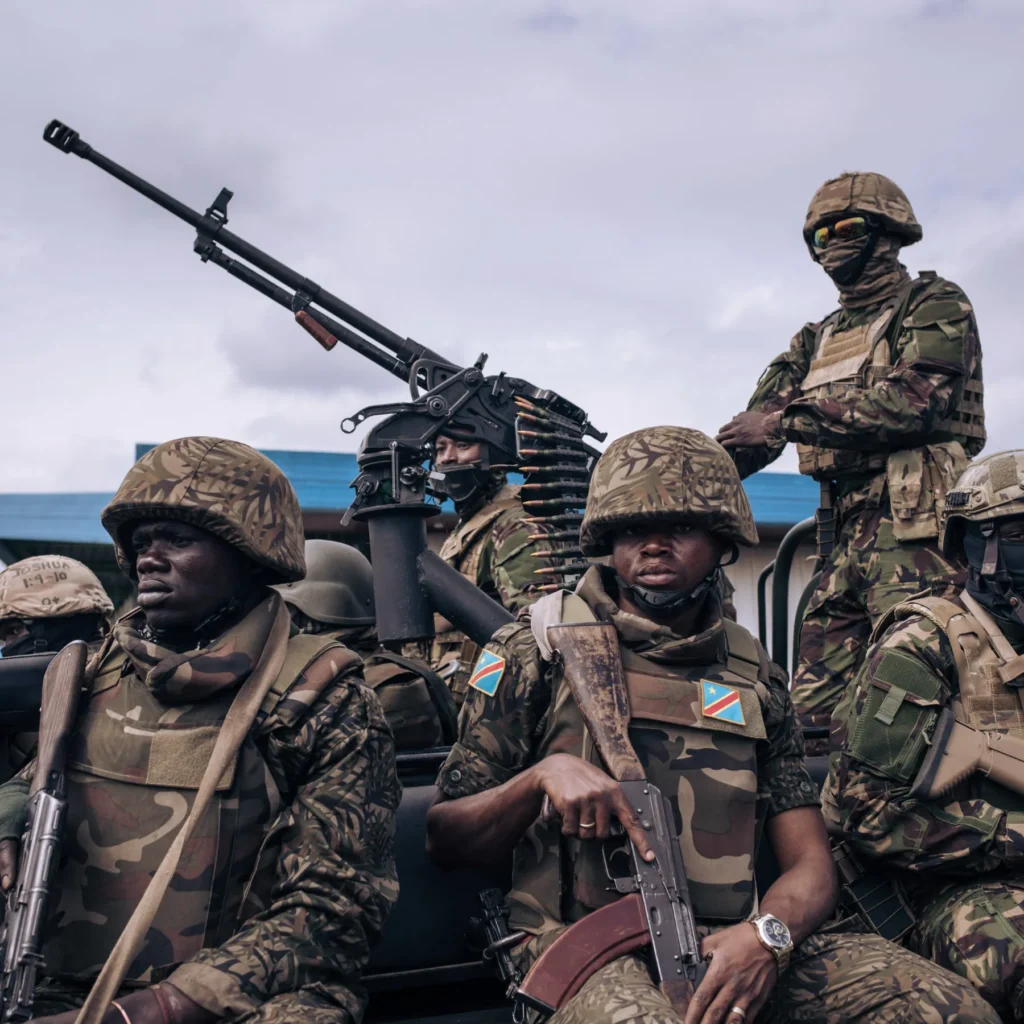Efforts to broker peace between the Democratic Republic of Congo (DRC) and the M23 rebel group have hit a roadblock, with sources confirming that a highly anticipated meeting scheduled for Wednesday in Doha has been postponed. Both sides told Reuters this week that no new date has been set, casting uncertainty over the peace process that many had hoped would ease mounting tensions in the region.
The Doha talks were expected to mark the first official dialogue between Kinshasa and the M23 rebels since the latter launched a major offensive earlier this year, capturing the two largest cities in eastern Congo. The rapid escalation has resulted in thousands of deaths, displaced hundreds of thousands of civilians, and intensified fears of a broader regional war involving neighboring states.
The reason for the delay remains unclear. A Congolese official attributed the postponement to logistical challenges, stating, “It’s simply a matter of organization,” and noted that official invitations had not been issued as of Monday.
Last month, Qatar facilitated a surprise meeting between Congolese President Félix Tshisekedi and Rwandan President Paul Kagame. During that encounter, both leaders agreed on the need for a ceasefire. Despite this, deep-rooted mistrust remains, with Kinshasa accusing Rwanda of backing the Tutsi-led M23 group—a claim Rwanda has consistently denied, asserting instead that its forces are acting in self-defense against Congolese troops and allied militias linked to the perpetrators of the 1994 Rwandan genocide.
The conflict is deeply entrenched in historical grievances and the battle for control over the mineral-rich eastern region. The involvement of the Rwandan and Burundian armies alongside Congolese forces has further inflamed tensions, raising the specter of a regional confrontation.
Despite the formal delay in talks, a source revealed that a low-profile meeting between M23 representatives and the Congolese government took place in Doha last week. This unprecedented engagement led to a partial rebel withdrawal from Walikale, a strategic mining hub. The U.S. has reportedly pressured both sides to demilitarize the area to allow mining operations to resume.
As the region teeters on the edge, the international community continues to urge a diplomatic resolution to prevent further bloodshed.

